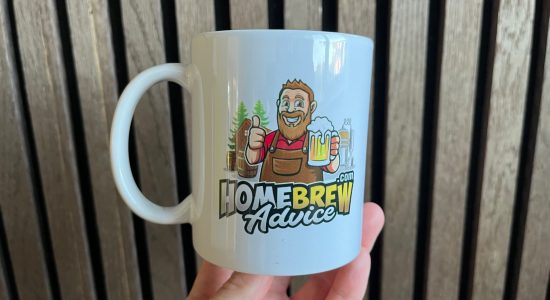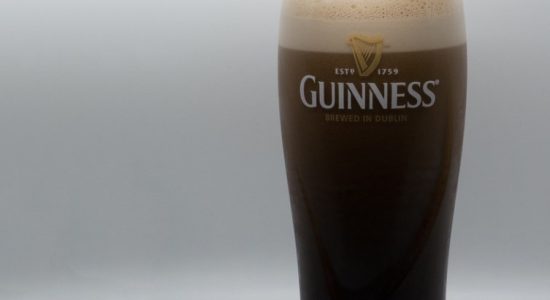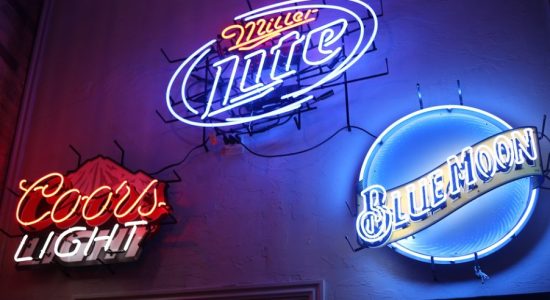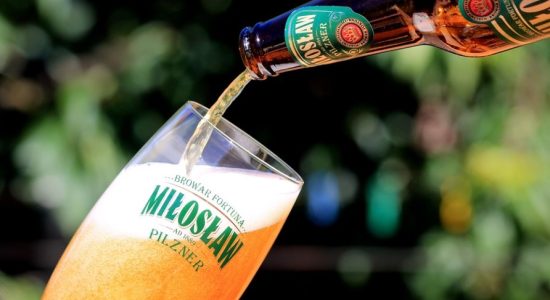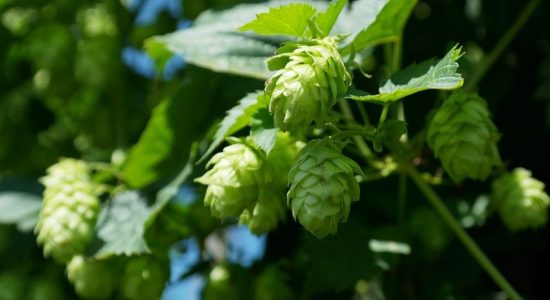What Is a Beer Growler? Everything You Need To Know
If you’ve never heard the term beer growler, it might bring to mind all sorts of strange things. You might have an image of a beer-loving dog in your head, or maybe even apply it to yourself when you open the fridge to find that someone drank your last.
Beer growlers are reusable glass, metal, or ceramic receptacles designed to keep beer fresh during transport. Each container usually carries 1 quart (946 ml) of beer with a sealable top. Remember that beer growlers are not intended for long-term beer storage.
The origin of the word “growler” is the subject of debate, but their utility as a means of bringing home beer and other beverages has been widely recognized for centuries. Read on to learn more about these receptacles, their uses, their history, and why every beer lover should own one.
A Beer Growler Explained: What Is It, and How Is It Different from a Crowler?
To put it simply, a growler is a jug with a sealable top designed for the purpose of transporting beer. To add to the confusion, there are other “-owlers,” such as the crowler and the howler (half-growler), which might sound like the same thing.
Why Is It Called a Growler?
There is no clear-cut origin for the word growler, but the generally accepted definition dates back to the 1800s.
Growlers were originally lidded metal pails. They fulfilled the same purpose as they do today as take-home beer receptacles, but it is said that the gas escaping from the pail as the beer sloshed around caused a growling sound.
Another origin story revolves around the battle of will between bartender and customer – the latter would want their pail filled for the price of a pint, while the barkeep would only want to put a pint in it.
These altercations would either result in a disgruntled barkeep or a customer, depending on the outcome. To put it another way, someone would walk away growling.
What is a Crowler?
A crowler is similar in concept to the growler in that it is designed to transport beer and keep it fresh, but they look like regular beer cans. Combining “can” and “growler” brought about the name crowler.
Crowlers allow breweries to sell freshly tapped beer. They are filled and sealed using a special press, which has several benefits even though they are not reusable.
Benefits of Using a Crowler
It might seem like you’re just drinking regular canned beer at first blush, but crowlers are sealed freshly at the source, unlike the stuff you buy at your local liquor store.
Some of the benefits of crowlers include the following:
- Sanitary – Craft brewers might be reluctant to fill your growler in case you haven’t sterilized it properly. Crowlers give them control and assurance in this regard.
- Airtight – If you’ve ever taken a sip of beer that has been standing open for a while, you’ll know how air can affect the taste. Growlers typically don’t seal as efficiently as crowlers. Being more airtight, crowlers also help keep the beer fresher for longer.
- More Portable – Regular growlers have been known to sometimes leak. This won’t happen with a properly sealed crowler, making your beverage more secure during transport.
The biggest drawback here is that crowlers cannot be reused. They can be recycled, though.
Are Growlers Legal?
Many beer products, materials, and accessories have had issues with legality starting from production to distribution. Throughout their history, growlers have changed shape and form almost as much as their legal status has changed over the years.
You will have to check your local laws to find out if it is legal to use growlers, as they vary from place to place. For example, North Carolina has relaxed the laws around growlers somewhat while they are prohibited in states like California.
The laws around growlers can sometimes be confusing, so be sure to do your homework before asking your local pub for a takeout. States like Georgia prohibit the use of growlers in pubs but allow retailers to sell them. The laws can also vary by county.
How Long Does Beer Last in a Growler?
If you were thinking of stocking up for the month, perish the thought. An unopened growler will keep beer fresh for 3 days on average, depending on a few factors.
Here are some factors that influence the longevity of your growler beer:
- Perishing or poorly seated seals allow for air contamination. Your beer will quickly become stale and flat in this case.
- Exposure to light quickly destroys beer. This is why most beer bottles are either brown or green in color.
- Contamination and bacteria from ineffective cleaning. You can get sick if you don’t sanitize your growler properly.
As convenient as they are, growlers are not ideal for storing beer or traveling long distances. This is why crowlers exist. Beer can stay fresh in a crowler for roughly a month if stored correctly.
How Do You Clean a Growler?
If you want to start using a growler, you’ll want to do so safely, and proper cleaning is essential. The considerations for cleaning a growler are not that different from cleaning brewing equipment.
Here are some tips for cleaning your growler:
- Clean the container immediately after use. Rinse it out thoroughly with hot water a couple of times to make sure you get any beer residue out.
- Use soap sparingly. Soap has a tendency to leave residues behind, which can contaminate or ruin your beer. It may even make you sick. Rinse the soap thoroughly.
- Allow it to air dry thoroughly. Any residual water is prime real estate for bacteria.
Usually, a good hot water rinse is enough to keep your growler in top shape, but if you are concerned, you can use a Five Star PBW Table (available on Amazon.com) to ensure it’s free of bacteria. It’s easy to use and effectively removes residues. Just be sure to follow the safety instructions.
Conclusion
Growlers are an essential item for beer lovers who want to take fresh draft home with them from the local pub or brewery, but they are not intended for storing beer for longer than a few days or traveling long distances.
The most important thing to know about growlers is how to use and clean them safely. It’s also essential to learn about the laws surrounding them. Even if it is legal in your area, your barkeep may not be keen to top your growler up for sanitary reasons.


